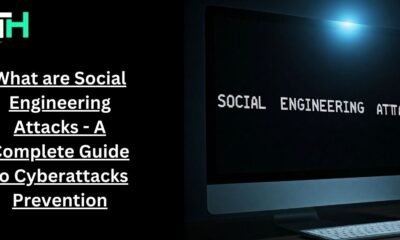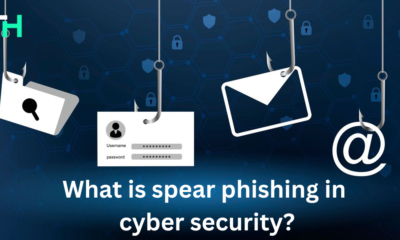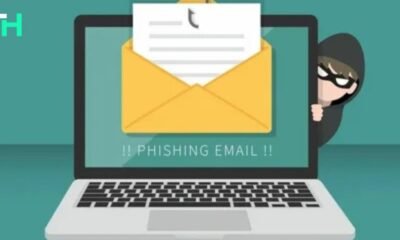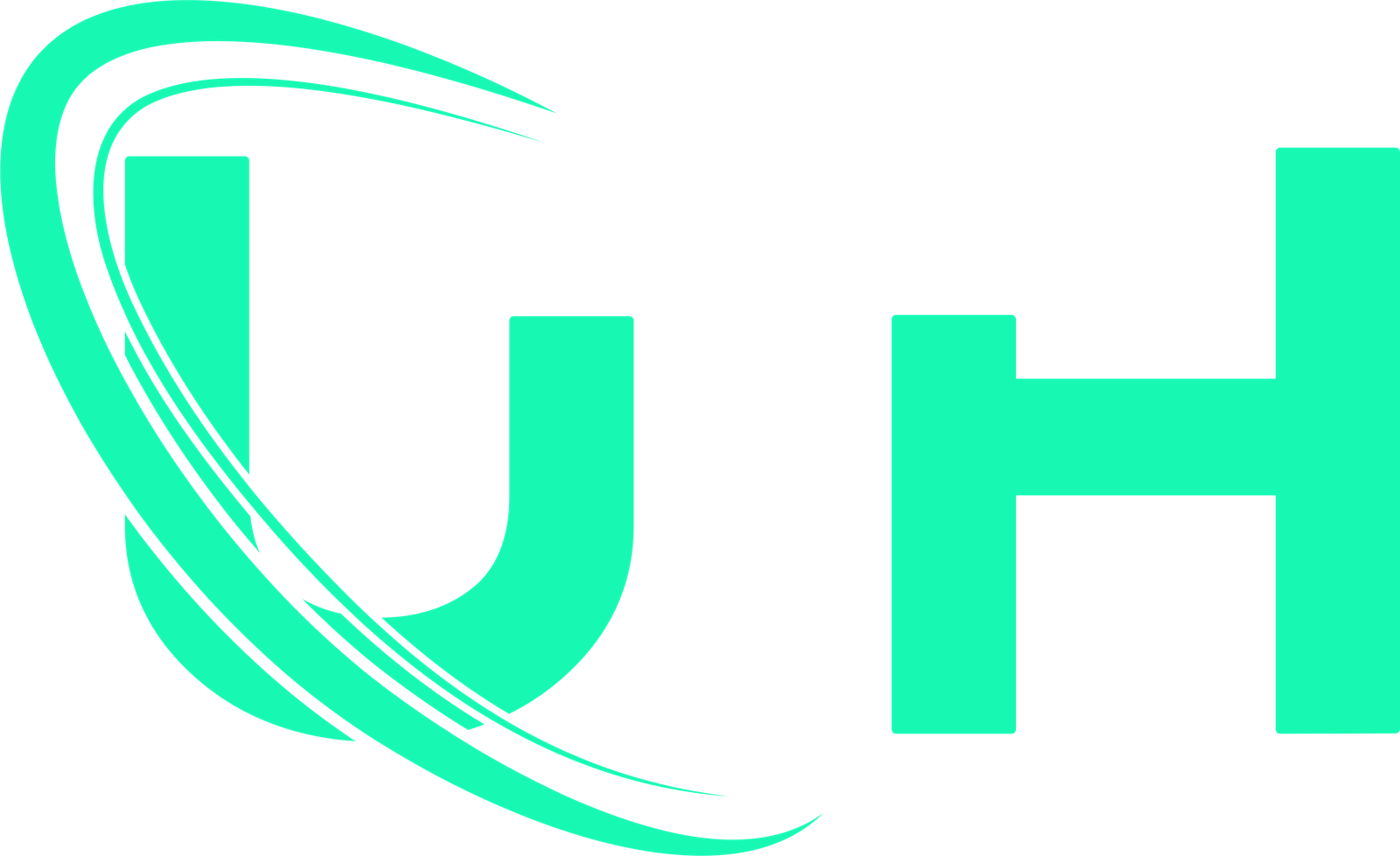Cybersecurity
Change Healthcare Data Breach Letter: Were you Alerted?

If you recently received a Change Healthcare data breach letter, you might be wondering what it means and how it affects you. Cyberattacks on healthcare organizations have become more common, putting sensitive patient information at risk. This article will assist you in understanding the Change Healthcare data breach letter, what to do after receiving the letter notification, and what steps you should take to protect your sensitive information in the future.
Summary of Change Healthcare Data Breach Letter
Change Healthcare has been providing public notices since June 20, 2024, to help individuals understand the situation, offering two years of complimentary credit monitoring and identity theft protection to those who believe their information may have been impacted.
Change Healthcare has been mailing written letters on a rolling basis to impacted individuals for whom they have a sufficient address. However, Change Healthcare sent official notices on June 20, 2024, with subsequent updates on July 29, 2024, August 8, 2024, and January 14, 2025, to affected organizations, confirming whether they want Change Healthcare to handle notifications on their behalf
Change Healthcare Data Breach: What Happened
In February 2024, Change Healthcare, a major player in the healthcare industry, experienced a ransomware attack by the BlackCat/ALPHV ransomware group. This breach compromised a substantial amount of personal health information (PHI), affecting approximately 190 million individuals, and making it the largest healthcare data breach on record. The incident highlights the ongoing challenges faced by healthcare organizations in protecting patient data.
Types of Information Involved
The data potentially accessed by unauthorized parties included:
- Personal Identifiable Information: Names, addresses, dates of birth, phone numbers, and email addresses.
- Health-Related Information: Medical records, diagnoses, treatments, and insurance details.
- Billing and Payment Information: Credit card numbers, banking details and billing codes
Must Read: Who Was Affected by the Change Healthcare Data Breach?
Change Healthcare Data Breach Letter What to do
If you received the Change Healthcare data breach letter, take these steps immediately:
Monitor Your Financial and Medical Records
Check your bank statements, credit reports, and insurance records for any suspicious activity. If you suspect any unauthorized transactions, Report to your financial institution immediately.
Enroll in Free Credit Monitoring
Change Healthcare is offering two years of free credit monitoring and identity theft protection services. Enroll as soon as possible to monitor any unusual activity linked to your details.
Be Cautious of Phishing Scams
Scammers often exploit data breaches by sending fraudulent emails or phone calls. Avoid clicking on suspicious links and never share personal information over the phone unless you verify the source.
Update Your Passwords and Enable Multi-Factor Authentication
Change passwords for any affected accounts and use multi-factor authentication (MFA) for added security.
Contact Change Healthcare for Further Assistance
If you have concerns, reach out to Change Healthcare’s support team. They can support you by providing more details about your compromised data.
Company’s response
Following the Change Healthcare (CHC) data breach, the company has:
- Worked with cybersecurity experts to investigate and restore data.
- Notified affected individuals and organizations.
- Offered free credit monitoring and identity theft protection for two years.
- Faced class-action lawsuits and regulatory investigations for potential HIPAA violations.
Ways to Protect Your Data in the Future
To safeguard your personal and medical data, follow these tips:
- Use Strong and Unique Passwords: Never use the same password for multiple social accounts.
- Enable Multi-Factor Authentication (MFA): Enable MFA as soon as possible. Because, it adds an extra layer of security.
- Be Aware of Scams: Watch out for phishing emails and suspicious phone calls.
- Review Privacy Settings: Limit the amount of personal information you share online.
- Monitor Your Credit Reports: Regularly monitor financial accounts for any suspicious activity.
Conclusion
The Change Healthcare data breach letter serves as a warning to affected individuals. If you received one, take immediate steps to secure your personal and financial information. Stay vigilant, monitor your records, and use security best practices to prevent fraud and identity theft. By staying informed and proactive, you can protect yourself from potential cyber threats.
Note: Change Healthcare provides free language assistance services to help affected individuals, especially foreign affected people.
- Helpline Number: 1-866-262-5342 (TTY: 1-866-262-5342)
-

 Phishing attack8 months ago
Phishing attack8 months agoWhat is Spear Phishing and How You Can Identify This Scam?
-

 Social engineering attack10 months ago
Social engineering attack10 months agoBaiting Attacks Explained: A Closer Look at Cyber Threat Tactics
-

 Social engineering attack8 months ago
Social engineering attack8 months agoWhat are Social Engineering Attacks – A Complete Guide to Cyberattacks Prevention
-

 Social engineering attack9 months ago
Social engineering attack9 months agoSpear Phishing Attack: A Targeted Cyber Threat
-

 Social engineering attack10 months ago
Social engineering attack10 months agoWhat is spear phishing attack? A detailed guide
-

 Phishing attack4 months ago
Phishing attack4 months agoWhy is Phishing Still a Major Cyber Threat? Everything You Need to Know
-

 Social engineering attack10 months ago
Social engineering attack10 months agoWhat is spear phishing in cyber security?
-

 Phishing attack8 months ago
Phishing attack8 months agoWhat Are Phishing Emails? A guide for you




















